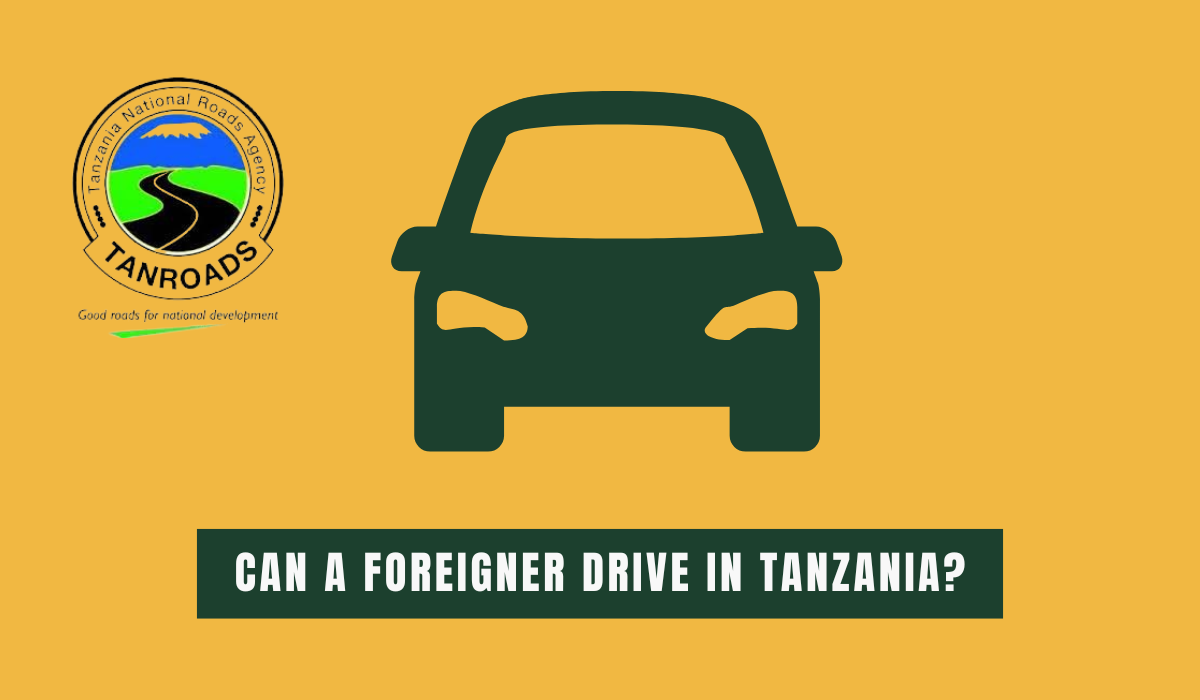Road Traffic Act Tanzania 2024 PDF. The Road Traffic Act Tanzania 2024 is a comprehensive piece of legislation that governs road traffic regulations and standards in Tanzania. This act aims to enhance road safety, streamline traffic management, and ensure the legal use of vehicles on Tanzanian roads. Below is a detailed explanation of the key provisions and implications of the Road Traffic Act Tanzania 2024:
Road Traffic Act Tanzania 2024 PDF
The Road Traffic Act Tanzania 2024 is designed to address various aspects of road traffic, including driver licensing, vehicle registration, roadworthiness, traffic offenses, and penalties. This act replaces previous road traffic regulations, incorporating new measures to address contemporary challenges in road traffic management.
Road Traffic Act Tanzania 2024 PDF – Road Traffic Act 2022
Road Traffic Act 1973 (1)_2
Road Traffic Act Tanzania Key Provisions
Driver Licensing
- Licensing Requirements: The act stipulates the qualifications required for obtaining a driver’s license. Applicants must undergo a mandatory driving test, which includes both theoretical and practical components.
- License Categories: Different categories of licenses are established, depending on the type of vehicle (e.g., motorcycles, private cars, commercial vehicles). Each category has specific requirements and restrictions.
- Renewal and Validity: The act outlines the validity period for different types of licenses and the process for renewal. Special provisions are made for senior drivers and those with medical conditions affecting driving ability.
Vehicle Registration and Roadworthiness
- Registration Process: The act details the procedures for registering a vehicle in Tanzania. This includes requirements for proof of ownership, payment of registration fees, and issuance of registration plates.
- Roadworthiness Tests: All vehicles must undergo regular roadworthiness tests to ensure they meet safety standards. These tests cover aspects such as brakes, lights, tires, and emissions.
- Special Vehicles: There are additional regulations for commercial vehicles, public transport, and heavy machinery, ensuring they comply with safety and operational standards.
Traffic Management and Enforcement
- Traffic Signs and Signals: The act mandates the use of standardized traffic signs and signals across the country. It also sets guidelines for their placement and maintenance.
- Speed Limits and Restrictions: Specific speed limits are established for different types of roads and areas, such as urban, rural, and school zones.
- Enforcement Mechanisms: The act empowers traffic police and other designated authorities to enforce traffic laws. This includes the use of speed cameras, breathalyzers, and other technologies.
Offenses and Penalties
- Traffic Violations: The act categorizes various traffic offenses, such as speeding, drunk driving, reckless driving, and driving without a valid license. Each offense has corresponding penalties.
- Penalties: Penalties for traffic offenses range from fines and demerit points on the driver’s license to imprisonment for severe violations. Repeat offenders may face increased penalties.
- Appeals and Disputes: The act provides a mechanism for drivers to appeal against penalties and traffic offense charges. This includes a structured process for hearings and adjudication.
Implications and Benefits
Enhancing Road Safety
The primary goal of the Road Traffic Act Tanzania 2024 is to enhance road safety by ensuring that only qualified drivers are on the road and that vehicles are maintained to a high standard of roadworthiness. By implementing stricter regulations and enforcement mechanisms, the act aims to reduce traffic accidents and fatalities.
Streamlining Traffic Management
With standardized traffic signs and clear guidelines for traffic management, the act helps streamline traffic flow and reduce congestion. This is particularly beneficial in urban areas where traffic congestion is a significant issue.
Legal Clarity and Fairness
The act provides a clear legal framework for road traffic management, reducing ambiguities and ensuring fair enforcement of laws. This benefits both law enforcement agencies and road users by providing clear guidelines and expectations.
Conclusion
The Road Traffic Act Tanzania 2024 PDF represents a significant step forward in improving road safety and traffic management in Tanzania. By setting comprehensive regulations and robust enforcement mechanisms, the act aims to create a safer and more efficient road traffic system. As the act comes into effect, it will require cooperation and compliance from all road users to achieve its intended benefits.
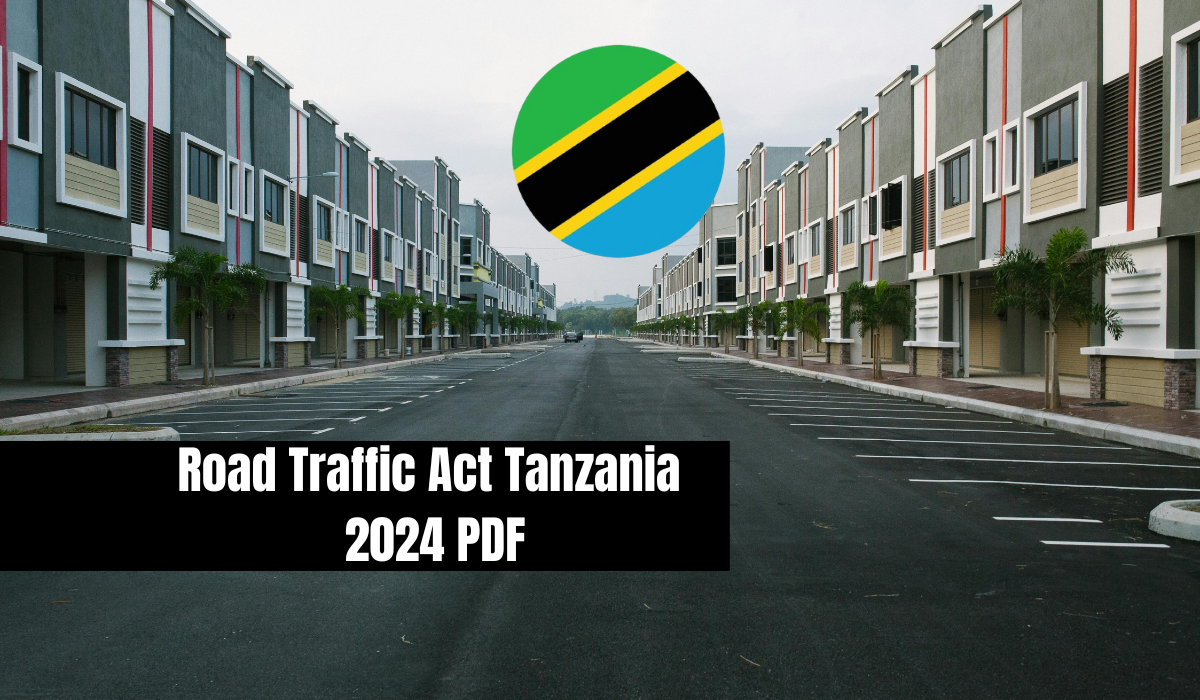
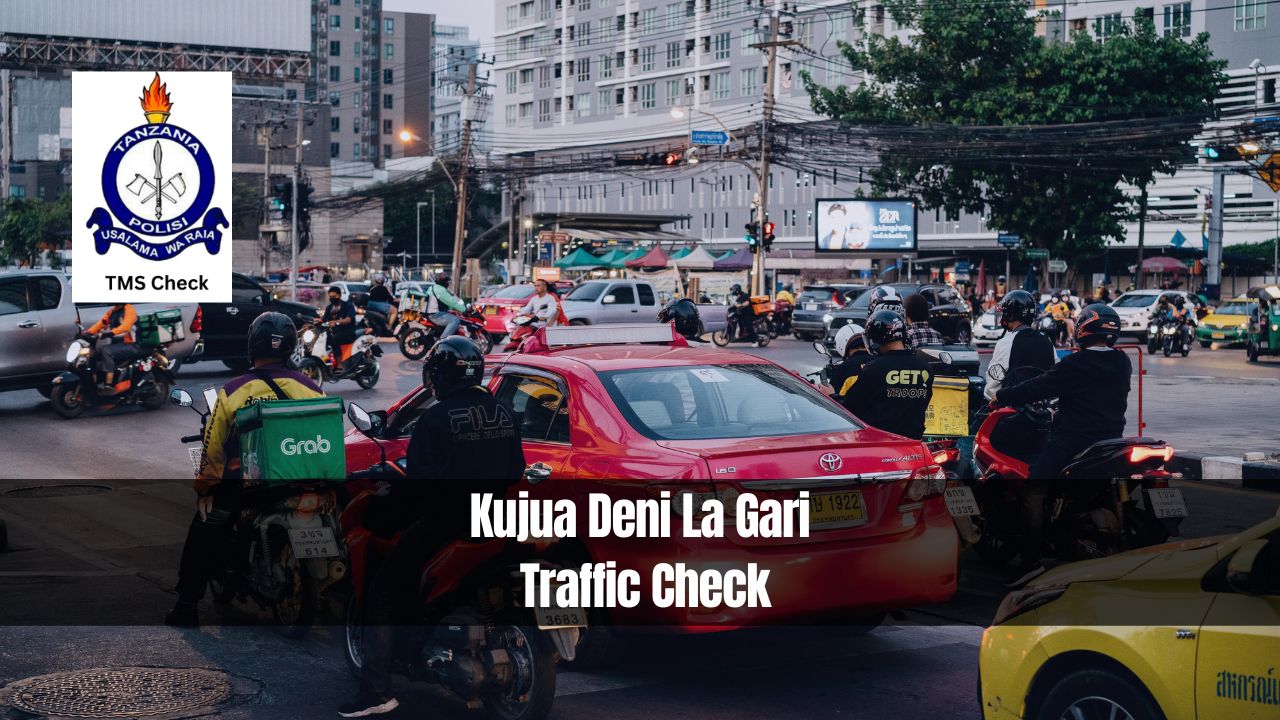
 TMS Police10 months ago
TMS Police10 months ago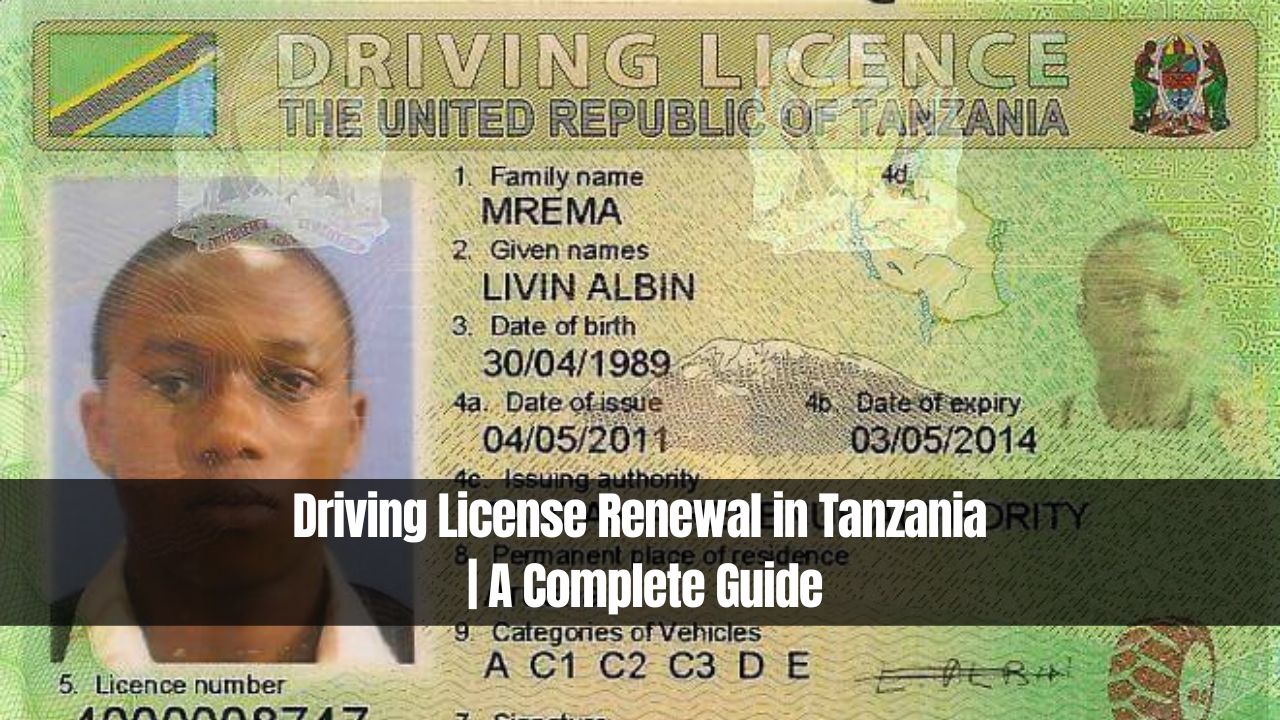
 Driving Licences10 months ago
Driving Licences10 months ago
 Driving Licences10 months ago
Driving Licences10 months ago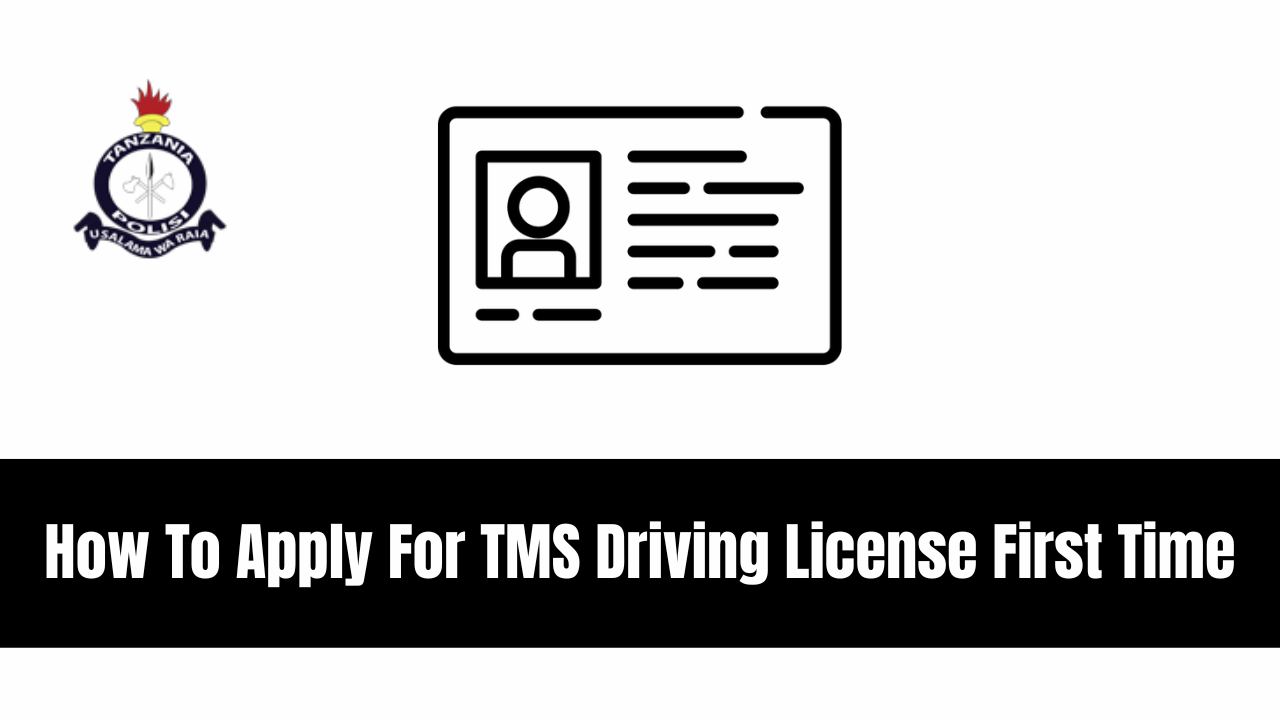
 Driving Licences10 months ago
Driving Licences10 months ago
 Job5 months ago
Job5 months ago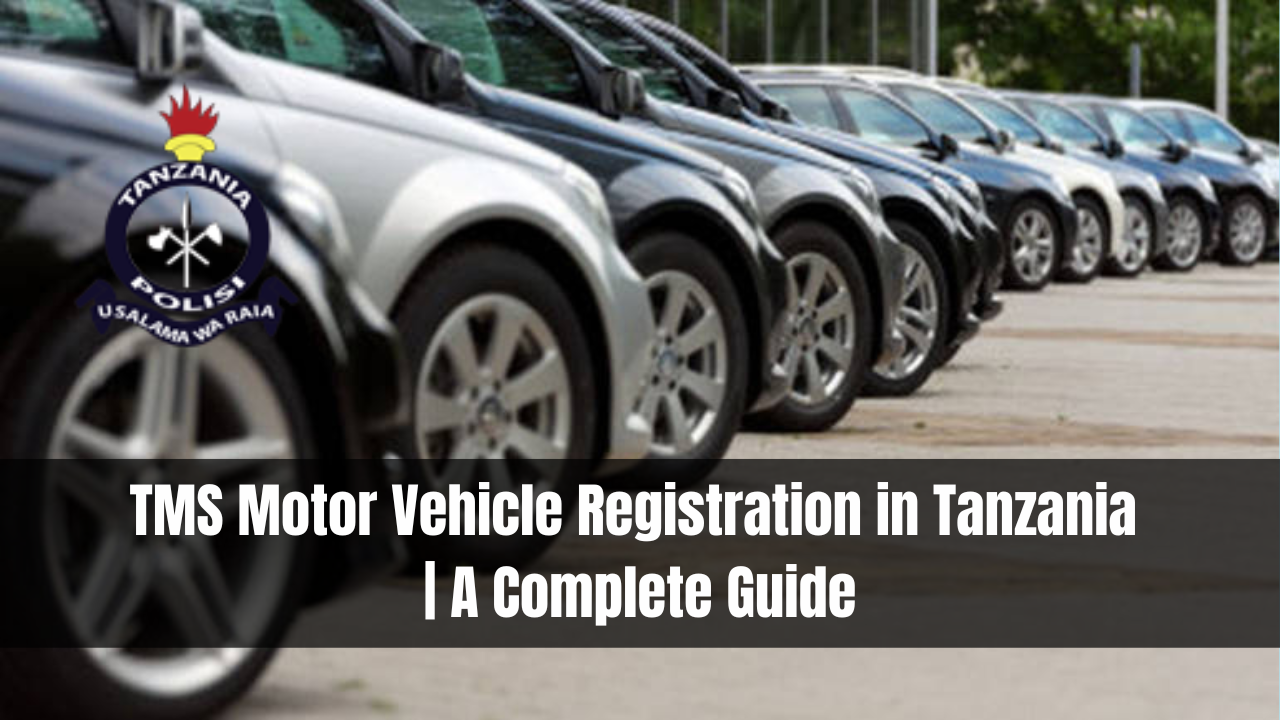
 Motor Vehicle10 months ago
Motor Vehicle10 months ago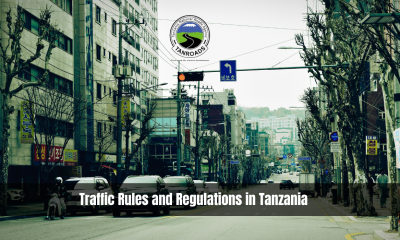
 Rules5 months ago
Rules5 months ago
 TMS Police10 months ago
TMS Police10 months ago
 SASSA5 months ago
SASSA5 months ago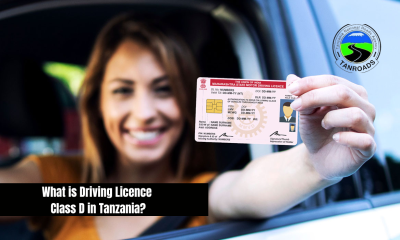
 Driving Licences5 months ago
Driving Licences5 months ago
 TAX Aid5 months ago
TAX Aid5 months ago
 SASSA5 months ago
SASSA5 months ago
